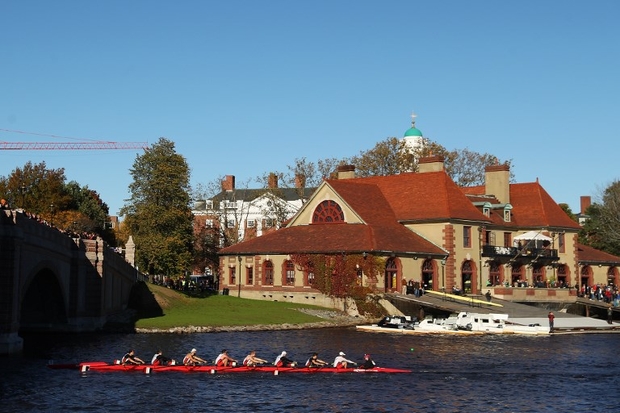The University of Cambridge faces censorship accusations after it threatened to ban a meeting about the Boycott, Divestment, and Sanctions (BDS) movement unless the Palestinian academic chairing it was removed and replaced with a person of its own choice, according to media reports.
Ruba Salih from the School of African and Oriental Studies (SOAS) was set to oversee the event earlier this week featuring Palestinian BDS activist, Omar Barghouti, but organisers say they were forced to cancel her participation hours before it was due to start after the university intervened, citing concerns over her neutrality, Al Jazeera said.
University officials contacted organizers hours before the “BDS and the globalized struggle for Palestinian rights” event was due to begin, insisting that its director of communications, Paul Mylrea, replace Salih as the panel’s chair, the Arab News said on its website.
Organizers agreed after being told the event would be canceled if they refused to comply, but Palestinian activists say the incident highlights the increasingly restrictive atmosphere for critics of Israel on campuses across the UK.
Ed McNally, the Cambridge student who organised the event, told Al Jazeera that the university was “undoubtedly” violating its commitment to free expression.
“Removing a respected Palestinian academic as chair of a panel event based on an unsubstantiated assumption about her lack of ‘neutrality’, and in doing so bowing to external pressure from a pro-Israel lobby group, cannot be construed as anything other than a naked attack on free speech and, more particularly academic freedom,” McNally said.
Hundreds of students and academics have signed an open letter condeming Salih’s removal as chair of the event.
The letter said: “It is disturbing that university authorities consider appropriate such censorship, including the forced imposition of an ‘independent chair,’ on an event designed to raise awareness about the human rights of Palestinians and indigenous peoples around the world.”
In an email exchange, a university spokesperson told Al Jazeera that the institution is “fully committed to freedom of speech and expression”.
“We have no reason to believe that these events are in any way unlawful,” the spokesperson said, adding: “In this instance, following calls from the organisers for extra safety measures, a neutral chair was provided to ensure that all sides were represented in what is an important and often emotionally charged debate.”
Al Jazeera asked the university to explain why Salih was not considered a neutral choice for chair but the institution issued no further comment.
The SOAS academic said she had not received any explanation from the university for why she was not considered an appropriate chair.
“I don’t know the exact terms under which my role as chair was defined as inappropriate for the debate, and which narratives the university has used for the forced replacement of the chair,” she said.
[Source: Middle East Eye]





 WhatsApp us
WhatsApp us 

